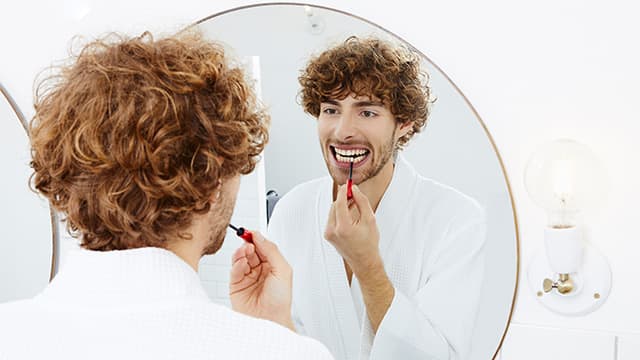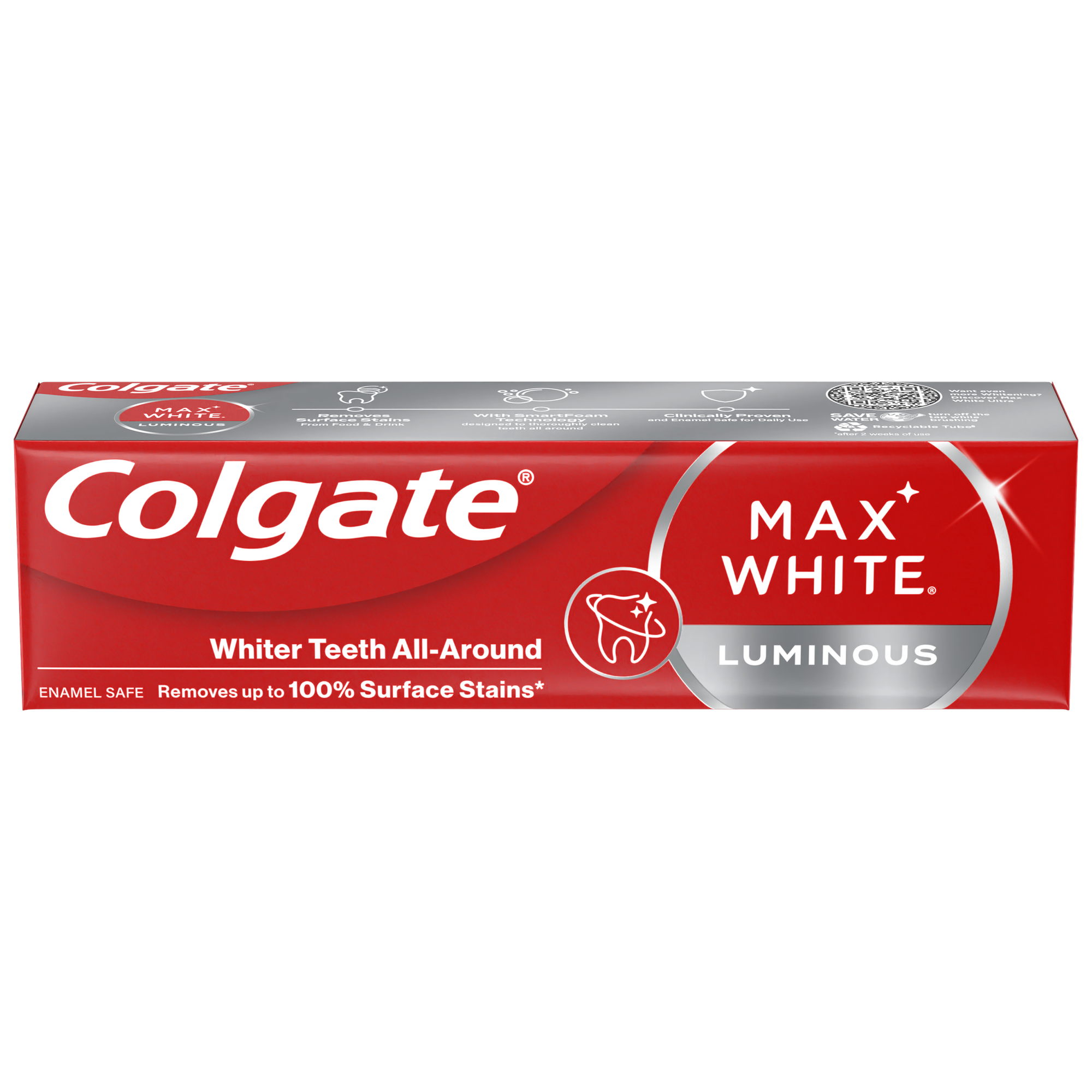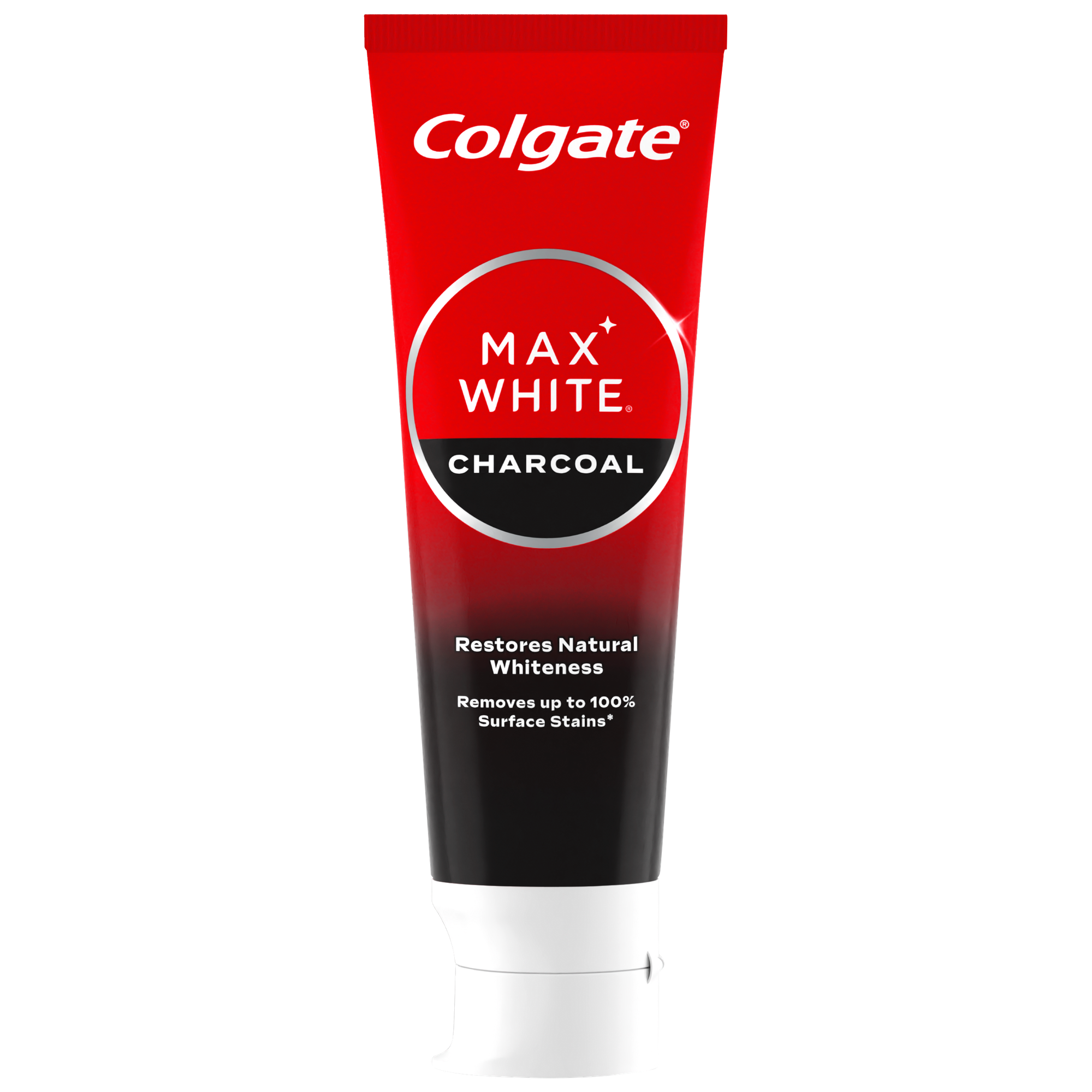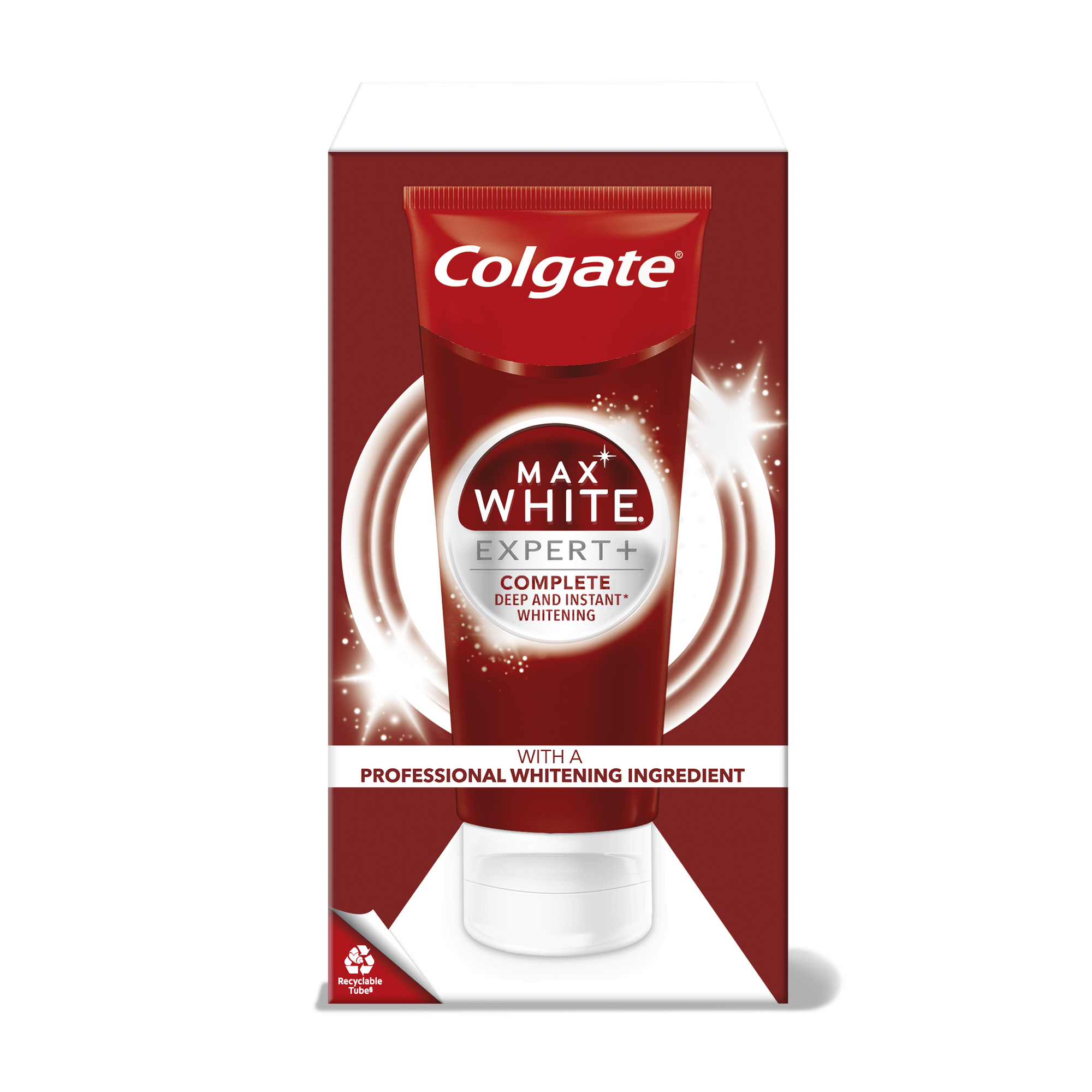What Factors Affect the Color of My Teeth?
Some people are born with teeth that are more yellow than others. Others have teeth that yellow with age. Your natural tooth color can also be affected by many factors. Surface stains (called extrinsic stains by dentists) and discoloration can be caused by:
- Tobacco (whether smoked or chewed)
- Drinking coffee, tea, or red wine
- Eating highly pigmented foods such as cherries and blueberries
- Accumulation of tartar deposits, which result from plaque that has hardened
Internal stains (called intrinsic stains by dentists) can be caused by:
- Treatment with the antibiotic tetracycline during the time when teeth are forming
- Yellowing or graying of the teeth as part of the aging process
- Trauma to the teeth that may result in the death of the tooth's nerve, giving the tooth a brown, gray or black color
- Ingesting too much fluoride when teeth are forming (from birth to age 16), which gives teeth a "mottled" look
 |  |
Discolored or stained teeth | Teeth after tooth whitening |
What are Ways to Whiten Teeth?
Thorough cleanings by a dentist or hygienist will remove most external staining caused by food and tobacco. Using a whitening toothpaste can also help remove these surface stains between dental visits. If stains have been present for years, you may need to have your teeth professionally whitened to remove these more stubborn external stains.
Internal stains can be bleached, bonded or capped (crowned). While each of these methods is safe and effective, your dentist will recommend which treatment is appropriate for you depending on the state of your teeth and the results that you wish to achieve. Your dentist will consider:
- The degree and type of staining
- How much of the tooth structure is remaining (Is the tooth heavily filled? Are changes to the shape of the teeth needed or desired?)
How Does Tooth Whitening Work?
Whitening (bleaching) can be done either in a dentist's office or at home, using a system dispensed by your dentist. Both methods use tooth-bleaching gels that oxidize out the stain. It's not uncommon for teeth to become slightly sensitive during the whitening process.
- At-home whitening
At-home whitening is the more popular approach today. Your dentist takes an impression of your teeth and makes a custom-fitted tray, which you fill with a whitening gel and wear up to two hours daily or at night for about two weeks. Many whitening kits prescribed by dentists today contain a solution of 10-15% carbamide peroxide. When done under the supervision of your dentist, at-home whitening is very effective. - In-office whitening
Less frequent and more expensive, this procedure takes from 30 minutes to one hour per visit, and you may have to return for several visits to achieve the desired whiteness. To protect your mouth, a gel-like substance may be applied to your gums and a rubber "shield" may be placed around the necks of the teeth. An oxidizing agent (the bleaching solution) is then applied to your teeth. Sometimes, a special light is used at five-minute intervals to help activate the whitening agent.
Will My Newly Whitened Teeth Stain?
Any tooth can stain, including the veneers and bonds mentioned above. To help prevent stains from coming back, avoid smoking, coffee, tea, red wine and heavily colored foods. And brush your teeth twice a day with a whitening toothpaste.
How Does Bonding Work?
Bonding uses composite resins or porcelain/composite veneers to cover the surface of stained teeth and give a nice, even appearance to broken or misshapen teeth. There are two basic bonding techniques:
- Composite bonding
First, the front of the tooth is slightly reduced to prevent the "new" tooth from being too bulky. Microscopic grooves are then etched into the tooth surface with a mild acid. A composite resin matched to the color of the surrounding teeth is applied to the tooth, contoured into shape, set using a curing light, and finally smoothed and polished. - Veneer bonding
A veneer is made to match the color and shape of your tooth. Porcelain veneers are generally stronger, while composite veneers are less expensive. With porcelain veneers, the dentist takes an impression of the tooth and sends it to the dental lab for fabrication of the veneer, usually after the front of the tooth has been reduced. With either method, the tooth is prepared for bonding by roughening the front surface with mild etching solution. The veneer can then be bonded to your tooth using a dental bonding cement.
While more expensive, a porcelain veneer offers a better color match to your surrounding teeth and typically lasts for five to 10 years.
 |  |
Before Bonding | After Bonding |
*The Complete Guide to Better Dental Care, Jeffrey F. Taintor, DDS, MS and Mary Jane Taintor, 1997.
This article is intended to promote understanding of and knowledge about general oral health topics. It is not intended to be a substitute for professional advice, diagnosis or treatment. Always seek the advice of your dentist or other qualified healthcare provider with any questions you may have regarding a medical condition or treatment.
ORAL HEALTH QUIZ
What's behind your smile?
Take our Oral Health assessment to get the most from your oral care routine
ORAL HEALTH QUIZ
What's behind your smile?
Take our Oral Health assessment to get the most from your oral care routine













